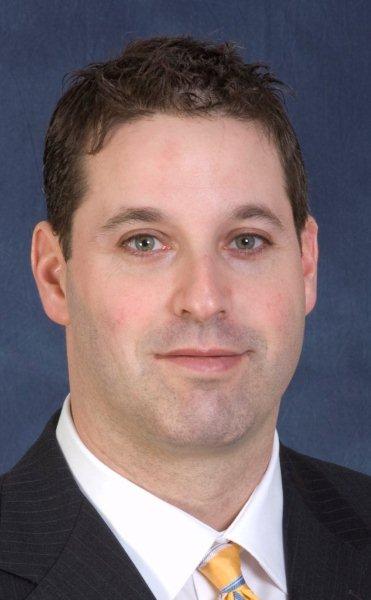- Home
- About Us
- The Team / Contact Us
- Books and Resources
- Privacy Policy
- Nonprofit Employer of Choice Award

 My first article on corporate community investment attempted to dispel some of the basic tenets of corporate philanthropy – namely, that the notion of “corporate philanthropy” is a misguided one. All corporate giving must be driven by building shareholder value and that the values associated with philanthropy - empathy, love and other decidedly human emotions - cannot be expressed by corporations.
My first article on corporate community investment attempted to dispel some of the basic tenets of corporate philanthropy – namely, that the notion of “corporate philanthropy” is a misguided one. All corporate giving must be driven by building shareholder value and that the values associated with philanthropy - empathy, love and other decidedly human emotions - cannot be expressed by corporations.
In this article, I want to talk about the decision-making process when it comes to corporations allocating their social investments. By understanding the influencers of corporate decisions, charities can better understand how to navigate their emails, phone calls, grant applications and proposals.
The first thing that I’ll say about the decision-making process is that it is typically very complex and that there is very little consistency across different organizations. This complexity is exacerbated by the fact that a single organization may have many influencers. For example, at Mackenzie Investments, my former employer, some decisions were made straight out of the office of the CEO, others were heavily influenced by senior management or the sales teams. However, most decisions were made within the context of the Mackenzie Investments Charitable Foundation. In the Foundation, staff volunteers at all levels were key influencers, shepherded by well-articulated Giving Guidelines.
So, if we look at Mackenzie’s gifts, both through the Foundation and outside of it, we might struggle to find common ground. Over the past several years, Mackenzie has been a major supporter of Queen’s University, TIFF, North York Harvest Food Bank, Holland Bloorview Kids Rehab Hospital Foundation and Scarborough Women’s Centre (all of these gifts are of public record). If you can find a common thread between these gifts, hat’s off to you! There isn’t one, except for the fact that these are all wonderful charities. These gifts were guided through different processes managed by different individuals. Even in a mid-sized corporation (Mackenzie has less than 1000 employees), the decision-making process can make your head spin.
A constant state of flux
The complexity of the corporate decision-making process is exacerbated by the fact that it is constantly changing. Corporations are in a constant state a flux and these variations extend to their community investment practices. Sometimes this unevenness is a result of changing roles within the corporation. Other times, it is the product of a change in community investment philosophy (which may or may not be the result of broader strategic decisions around marketing, branding, or human resources management). Whatever the case, even for a corporation with whom you currently have a relationship don’t assume that you understand the decision-making process.
Many corporate-charitable relationships fail because of faulty assumptions. In many cases, charities assume they know and understand what a corporation is seeking from its community investments. These assumptions often extend to the decision-making process. Don’t assume that the CEO, senior management, the Foundation president or community investment professionals make the community investment decisions. Furthermore, corporations rarely advertise how community investment decisions are made, perhaps because they don’t want these individuals subjected to a barrage of emails, phone calls and LinkedIn requests.
Asking the right questions
So the root of understanding corporate decision-making is to ask appropriate questions of the corporation. When I meet with a corporation, I am obviously trying to understand their broader community investment strategies and tactics. But equally important is gaining an understanding of their decision making process. Here are some questions to ask:
In other words, it is critical to understand not just why community investment decisions are made but how. By doing so, you will greatly increase your chances of success.
Brad Offman is Founder and Principal of Spire Philanthropy and former Senior Vice President, Strategic Philanthropy at Mackenzie Investments. Brad is also former President of the Mackenzie Investments Charitable Foundation and Managing Director of the Mackenzie Charitable Giving Fund. Prior to joining Mackenzie, Brad served as Vice President, Development at the Toronto Community Foundation.
Brad is currently on the Board of CANSOF Foundation and the Association of Fundraising Professionals (AFP) Toronto. He is a member of the National Advisory Council for Imagine Canada. Contact Brad at brad@spirephilanthropy.com